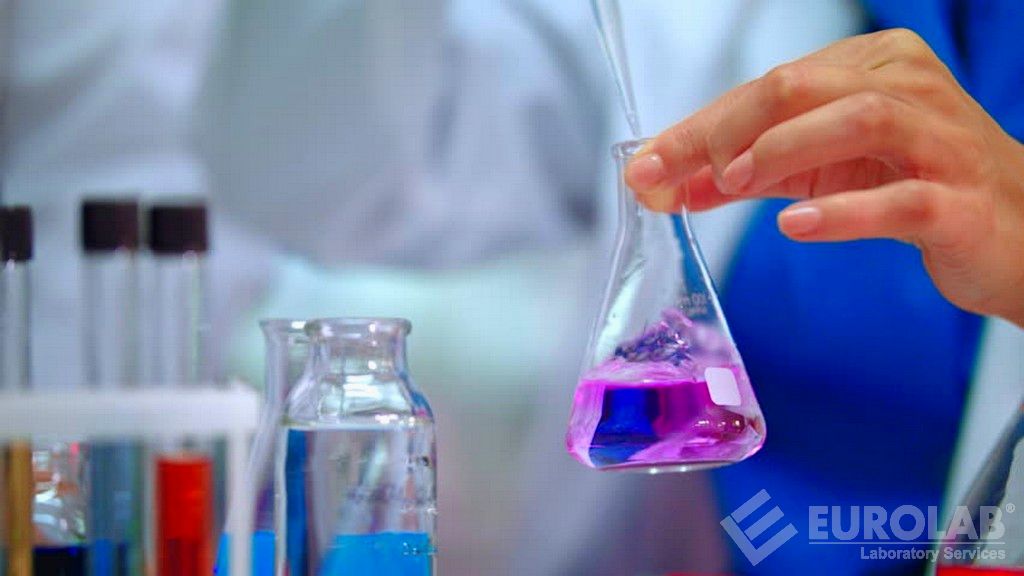


Chemicals, especially various chemical compounds used in the laboratory environment, are often concentrated and distilled to facilitate their handling, transport and storage. However, these highly concentrated chemicals must be properly reconstituted to be used reliably. Solubility of a chemical is its ability to dissolve when presented with a particular solvent. When it comes to chemicals, it is very important to know how soluble the product is and which solvents are most suitable for their application.

Chemical solubility is a very specific measurement. It is based on determining the maximum amount of chemicals that can be dissolved in a particular solvent. The resulting solution is defined as saturated when as much of the solvent is introduced into the chemical as possible without starting to reject the chemical. A fully saturated solution gives the solubility of the chemical. However, this is affected by the solvent. Beyond a certain saturation point it is possible to add more chemicals. However, the resulting mixture in this version is chemically unstable and wants to reject the excess solute.
Most of the time theChemicals for which solubility information is not available should be tested. Usually this is done by adding some amount of the chemical to the solvent one part at a time. Another portion is added until the solute is completely dissolved. The amount of fraction that needs to be added for complete dissolution is the amount of fraction that the solute needs to form a saturated solution. Temperature values greatly affect results, so solubility is almost always tested at room temperature.
The more soluble the solution, the easier it is generally to work with it. The main concepts used in this regard are given below. Chemical, for a single solute,
Our organization also provides chemical solubility testing services with its trained and expert staff and advanced technological equipment, among the numerous test, measurement, analysis and evaluation studies it provides for businesses in various sectors.
